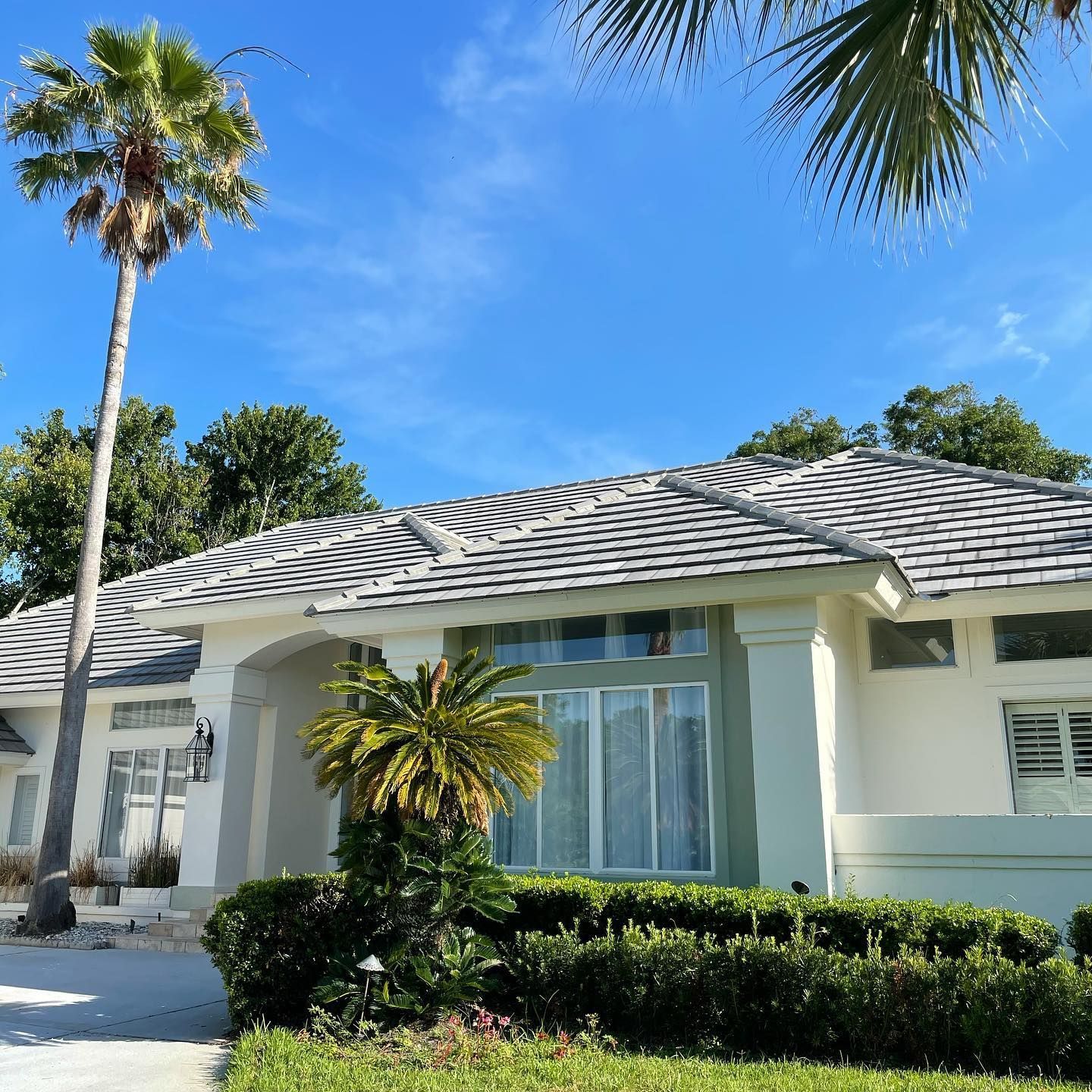Top 3 Questions To Ask When Replacing Your Roof
The roof protects your family from the elements and helps preserve your home's quality and structure. While replacing it may not seem as exciting as picking out paint colors or remodeling a room, sometimes it's necessary, adding value to your home, increasing your safety, and saving you money over time. Regardless of why you're replacing your roof, here are three of the most common questions to ask before signing a contract with a roofing company.

Do I Need a New Roof?
No matter how well you maintain your roof, replacement is inevitable. Roofs can fail due to wear and tear over time, storm damage, pest issues, or poor ventilation that causes moisture buildup and mold. Even if there is minor damage in multiple areas, replacing the whole roof is safer and more cost-effective. In 2022, Florida homeowners, as well as those in other states, are being forced to replace their roof to prevent having their insurance policies canceled.
If it looks like a complete roof replacement in your future, here are three things to take into account:
- Determine Your Budget - The average range for a new roof is $8,000 to $18,000, depending on the material, size of your home, and more. Some companies will offer a free estimate. But the price can change once the shingles come off and there is unexpected damage to the decking, underlayment, or flashing. When insurance is picking up most of the bill, it’s important to figure in the deductible and out-of-pocket costs for higher-quality materials that aren’t covered.
- Who Performs The Work: You'll want to determine who will perform and oversee the work project. This may be a project manager or the actual owner of the company. Some roofing companies will subcontract the job, so you may not recognize the crew or supervisor from the initial inspection.
- Hire Licensed and Certified Contractors: You want to hire a licensed and certified roofing contractor. This protects you if something goes wrong and ensures your roofer is properly trained to work on your home and follow safety regulations. You can check Florida's DBPR website to verify a roofing contractor or company's credentials.
What Roofing Material Should I Choose?
A variety of roofing materials are available nowadays, from asphalt shingles and synthetic shakes to metal panels and clay tiles. Each one has its pros and cons, especially for home or business owners in Florida. Your roofing contractor can walk through all your options, including which materials are energy-efficient and durable or if there is an insurance benefit. Some other key considerations to discuss with your roofing contractor include:
- Type of Roof - Gabled, flat, hip, and dormer are the most common types of roofs. You'll want to choose a material that is not only aesthetic but also provides the proper protection based on the features of each type.
- Type of Material - Asphalt shingles are the most common and budget-friendly material. Clay tiles, metal, or architectural and composite shingles (shake or slate) typically cost more but may have better benefits like durability or energy efficiency. Trying a new material, rather than sticking what you’re replacing, can address safety or weather concerns and help increase the value of your home.
What Does the Roof Warranty Cover?
Your roof is an investment. Between weather events and normal wear and tear, there's no guarantee your roof will last 20 to 50 years. But warranties can help provide peace of mind. There are two main types of warranties, a manufacturer's warranty which covers the material, and a labor warranty which is offered by the roofing company.
A
manufacturer’s warranty should protect you against defects in materials. If shingles break off suddenly or you have extensive granule loss, you may be covered. The length of your warranty varies depending on what the manufacturer offers, and the material used. For example, asphalt shingles typically last 20-25 years, while slate shingles last 30-50 years.
These Things Could Void Your Roof’s Warranty
There are some no-no’s when it comes to your roof's warranty, both with your manufacturer's and your labor warranty. The best way to protect yourself is by checking with your roofing contractor before making any changes to your home. Things that could void your warranties include:
- Improper installation is usually not covered as it can occur due to inexperienced contractors or if you attempt to DIY your roof.
- Incorrect ventilation can cause moisture, mold, and mildew issues that your warranty may not cover.
- Pressure washing your roof, especially if you have asphalt shingles, can remove protective coatings and potentially void the warranty.
- Installing hardware like satellite dishes, a skylight, or solar panels compromises the roofing material.
- Having a different roofing contractor do any work or even step foot on your roof can void your labor warranty.
Endless Summer Roofing Is Your Florida Roofer
Replacing a roof is a big decision for any homeowner. Here at Endless Summer Roofing, we work with our customers so that they make informed decisions. We are fully licensed and certified in the state of Florida. As a locally owned and operated roofing company in Northeast Florida, we understand your unique needs. Here are a few things we offer homeowners that other companies may not:
- You get an industry-best Lifetime Workmanship Warranty
- We include most wood (roofing material) replacement in the estimate.
- We provide a wind mitigation inspection report, which details the condition of your roof and the techniques used during construction.
- A daily supervisor, working with the crew.
Check out our
FAQ page for more information. If you’re considering a new roof or need repairs, schedule your
free estimate today.


